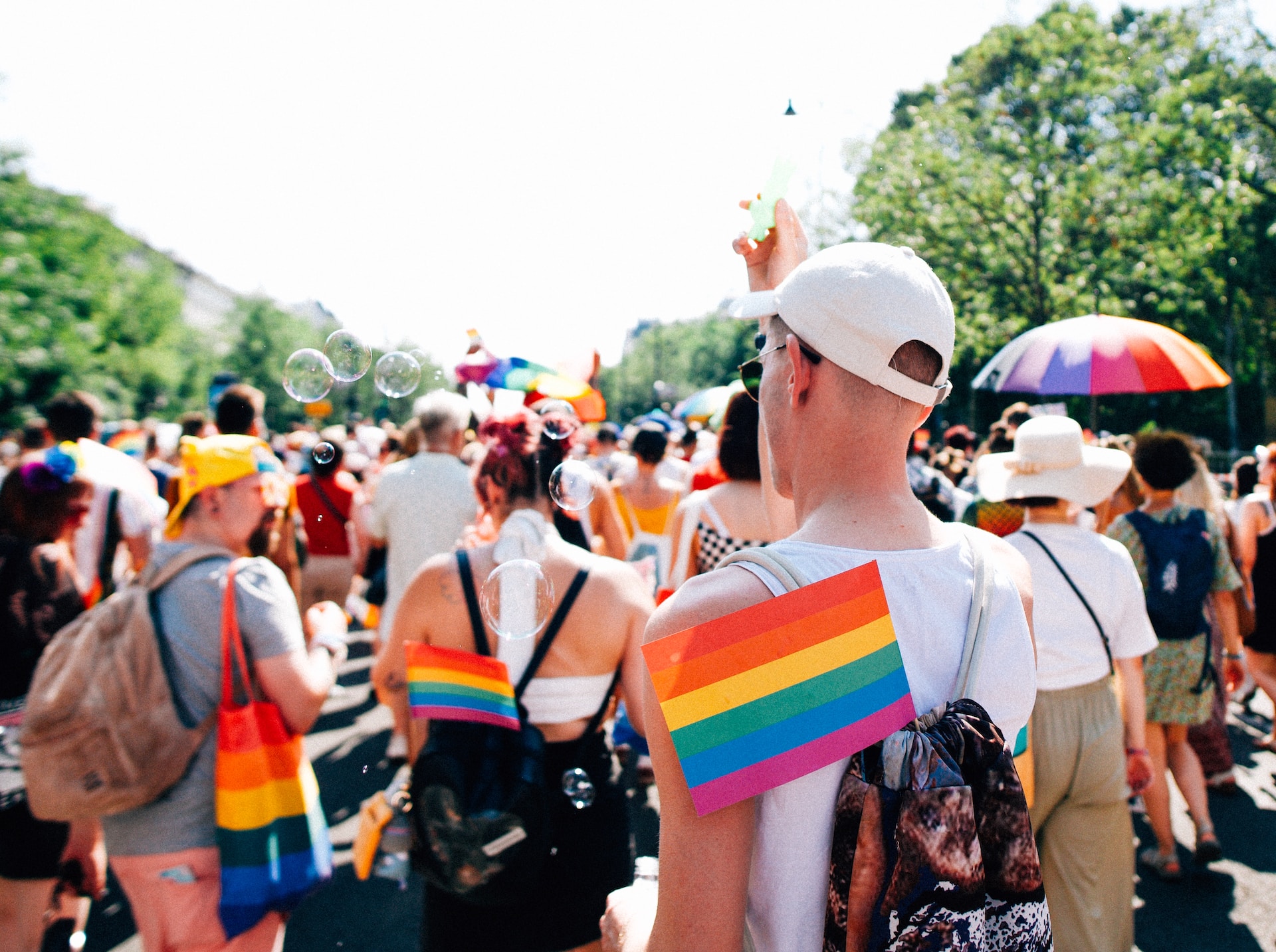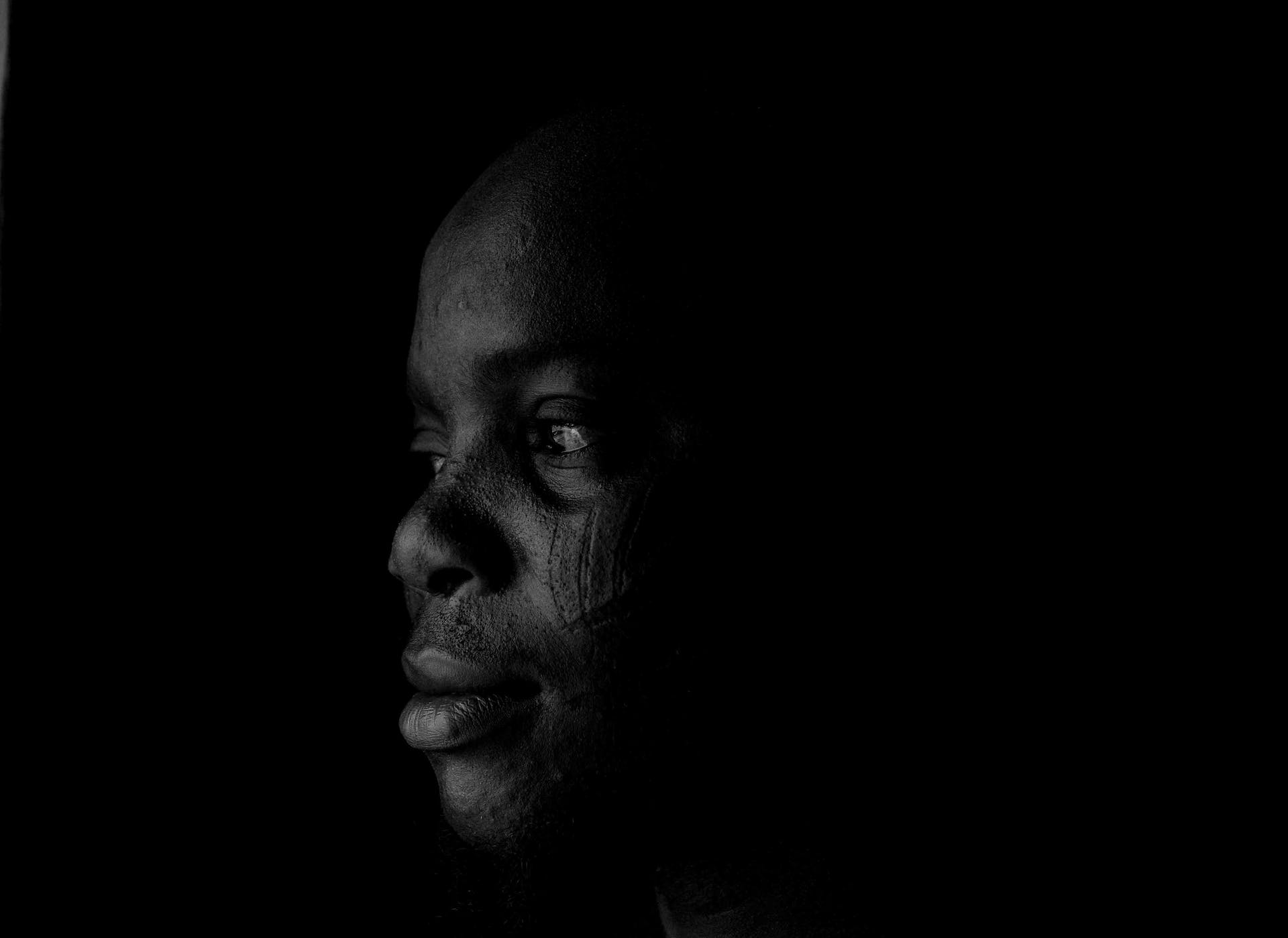Dame Kelly Holmes Opens Up About Her Journey and Struggles with Sexuality

Olympic champion Dame Kelly Holmes has recently shared her experiences of growing up in Kent, a time when being gay was heavily stigmatized. Raised near Tonbridge, Holmes, who came out as gay last year, discussed the challenges she faced while concealing her sexuality for over three decades. Her revelations throw light on the mental health struggles faced by many who could not openly express their sexuality.
A Life in Secrecy
Holmes, who had a distinguished career as a gold medal-winning athlete, spent 34 years hiding her true identity, a decision influenced by the societal attitudes of her youth. In her conversation with BBC Radio Surrey, she emphasized how the taboo and stigma associated with being gay caused significant mental health trauma for many, including herself.

Military Career and Legal Challenges
Her journey was further complicated by her initial career in the army. Until 2000, homosexuality was illegal in the military, presenting an additional challenge for Holmes during her service. Despite these obstacles, she transitioned to a full-time athletic career in 1997.
Triumph and Transition
Holmes’ athletic career was marked by outstanding achievements, including winning two gold medals at the 2004 Athens Olympics. She retired from professional athletics in 2006 and since then has been involved in motivational speaking. Her journey from an athlete to a public figure has been inspirational for many.
Embracing Inclusion and Having a Voice
Today, Holmes is a vocal advocate for inclusivity and LGBTQ+ rights. She acknowledges the progress made in discussions about inclusion and admires the younger generation for living their truth openly. Proud of the voice she now has, Holmes is committed to furthering conversations about LGBTQ+ issues and is unafraid of the challenges that may come with it.
Holmes’ story is not just one of athletic prowess but also of personal resilience and the courage to embrace one’s identity in the face of societal challenges. Her openness about her struggles and triumphs serves as an inspiration and a call for greater acceptance and understanding in society.
©equalityvoices.org


















